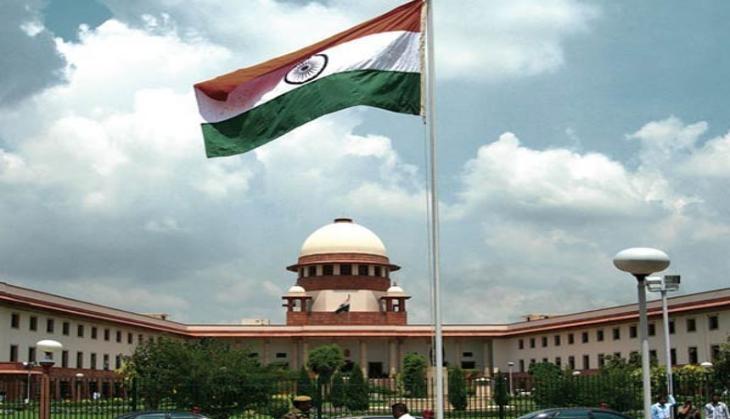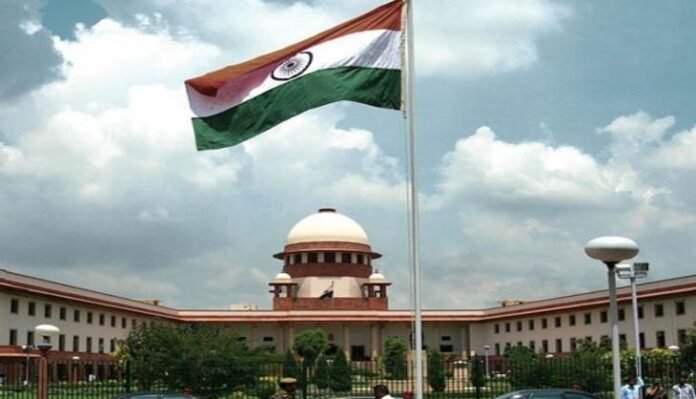[ad_1]

Supreme Court of India: Excepted Heads of Claims and Jurisdiction of the Arbitrator & Courts to Award such claims in Arbitration
In Pam Developments Private Limited vs the State of West Bengal, the Supreme Court of India addressed the issue of whether certain heads of claims which the parties have agreed not to claim in advance in their contract can be awarded by the arbitrator, or thereafter by courts wherein the arbitral award is challenged.
Factual Matrix
The parties entered into an EPC contract for the widening and strengthening of road. The work was completed by the Contractor with some delay. The Contractor raised its bill for work including claims under different heads for purported delays on the part of the Employer. These remained unpaid and disputes arose between the parties which were referred to arbitration.
The Arbitrator decided in favour of Contractor and accordingly, the Employer challenged the award under Section 34 of the Arbitration & Conciliation Act, 1996 (‘Arbitration Act’). The said application was partly allowed and the claim for ‘loss of business’ as according to Section 34 court, this head was never claimed by the Contractor and was thus beyond the ambit of the Arbitrator. The claim under the head of ‘uneconomic utilization of plant and machinery’ was also set aside because according to Court while awarding damages under this head, the Arbitrator had not taken in account certain delays on the part of the Contractor.
Aggrieved by the decision of the Section 34 court, the Contractor filed an appeal under Section 37 of the Arbitration Act. The Employer also filed cross appeal against the award under the same provision. It is noteworthy that the EPC contract provided that “No claim whatsoever for idle labour, additional establishment, cost of materials and labour and hire charges of tools & Plants etc. would be entertained under any circumstances”. It also provided that ‘Whatever the reasons may be no claim or idle labour, enhancement of labour rate additional establishment cost, cost of TOLL and hire and labour charges of tools and plants Railway freight etc. would be. entertained under any circumstances.’
While appreciating these clauses, the Section 37 Court set aside the award for the claims allowed under the heads of ‘loss of business’, ‘labour charges for uneconomical stoppage of work’ and ‘interest on delayed payment of running account bills and escalation bill’. Further, the Appellate Court restored the award for the head of ‘uneconomic utilization of plant and machinery’ and modified the claim relating to per-reference interest. The decision of the Section 37 Court was challenged before the Supreme Court in the present case.
Parties Contention
The Contractor contended that the Section 37 Court ignored the plausible view of the Arbitrator, as upheld by the Section 34 court and substituted it with its own reasoning which is impermissible.
Held
The Supreme Court held as under:-
• Having considered the contractual, the Section 37 Court came to the conclusion that awarding any amount towards idle, machinery, etc. is prohibited under the EPC Contract. The Arbitrator did not even refer to the contractual provisions and the Section 34 Court dismissed the objections with a standard phrase. Thus, the conclusion drawn by Section 37 Court are correct and cannot be interfered with.
• For the claim that relates to interest on delayed payment of running account bills, the Court noted that there is no prohibition in the EPC contract and therefore, the decision of the Arbitrator as upheld by the Section 34 court is correct on this claim as the injured party ought to be placed in the same financial position he would have been but for the other party’s fault and for which the award of interest on delayed payments is justified. There is nothing perverse in it and such decision is not against the public policy of India. Accordingly, the decision of Section 37 Court on this head of claim was set aside.
• On the head of awarding of interest by the Arbitrator, the Court noted that under the Arbitration Act, the power of the Arbitrator to grant interest is governed by the statutory provision in Section 31(7). This provision has two parts. Under sub-section (a), the Arbitrator can award interest for the period between the date of cause of action to the date of the award, unless otherwise agreed by the parties. Sub-section (b) provides that unless the award directs otherwise, the sum directed to be paid by an arbitral award shall carry interest at the rate of 2% higher than the current rate of interest, from the date of the award to the date of payment.
• Section 31(7)(a) does not make an explicit distinction between pre-reference and pendente lite interest as both of them are provided for under this sub-section. It further sanctifies party autonomy and restricts the power to grant pre-reference and pendente lite interest the moment the agreement bars payment of interest, even if it is not a specific bar against the Arbitrator.
• The power of the Arbitrator to award pre-reference and pendente lite interest is not restricted when the agreement is silent on whether interest can be awarded or does not contain a specific term that prohibits the same.
• While pendente lite interest is a matter of procedural law, pre-reference interest is governed by substantive law. Therefore, the grant of pre-reference interest cannot be sourced solely in Section 31(7)(a) (which is a procedural law), but must be based on an agreement between the parties (express or implied), statutory provision (such as Section 3 of the Interest Act, 1978), or proof of mercantile usage. In view of the above, the Section 37 Court had no reason to interfere with the Arbitral Award with respect to grant of pre-reference interest, since the EPC Contract between parties does not prohibit the same.
Comment
This case emphasises the importance of agreeing in advance certain heads of claims which shall be prohibited to be claimed in the arbitration. These can be termed as ‘excepted heads of claims’ which are outside the domain of arbitrators and cannot be awarded by the arbitrators since parties in their underlying contract have already set a bar on their awarding. These kinds of excepted heads if agreed by the parties can add to certainty in the arbitration process and substantially reduce the unnecessary / overlapping heads of claims. However, while deciding to agree on such types of excepted heads of claims, parties needs to be gauge all aspects including the consequences which be faced by them if they end up on either side of bargain. For example, a prohibition on claiming interest may favour a contractor in certain situations but may not work for employer in the same situation. So parties need to apply their minds holistically before agreeing for such excepted heads of claims because in arbitration such agreements arrived at by the parties are mostly upheld under the umbrella of party autonomy.
[ad_2]
Source link

